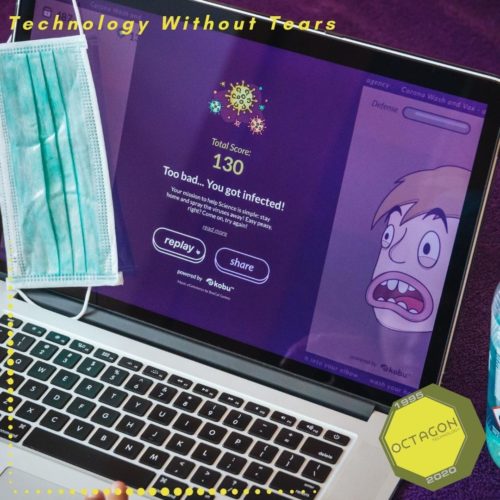Antivirus software has been around for decades, it is likely the third least wanted piece of software on most computers after actual viruses and bloatware, yet it is one of the most essential. In a perfect world it wouldn’t be needed so long as everybody behaved themselves, but that is not the world we live in and thusly we get to enjoy paying for this constant companion. How can we get the best or most appropriate solution?
What can it do?
Originally the primary function of antivirus was unsurprisingly to remove viruses, rootkits etc, but over time the methods used by criminals and opportunists have evolved with technology and understanding. Nowadays there is a variety of things to defend against, the traditional virus, malware, potentially unwanted programs (pup), email and unregulated apps that might function but have a hidden purpose. Malicious programmers will aim to target the weak points in coding and procedures, highlighting the need to keep all software up to date. Antivirus software is often supplied as a package, along with firewalls and additional screening techniques, and if you are an individual or in a small team a packaged solution would likely be the best fit. However, if your IT solution is big enough it is likely that firewall duty would be taken care of and a more focused AV solution would be deployed on users’ machines, probably managed centrally. Any decent AV solution should combat as many threats as possible and be as prepared as possible via frequent updating.
Speed
“How fast will my antivirus run?” is a difficult question to answer, since it is dependant on hardware limitations, the amount of data and how busy the computer is. Most AV solutions use a combination of scheduled intensive scans and on-the-fly scanning for files currently in use – they can monitor programs and detect unusual behaviour. This does come with a cost of computational power and use of the storage system, slowing you and your work down a little. This is more of a problem for older computers particularly if they still use regular spinning hard disks. It can be intrusive in other ways as well. Frequent reminders and popups might only take a second to dismiss, but multiplied by every computer every day? Now you are talking wasted days or weeks. Ideally your solution will sit quietly and only interrupt when it is required.
Circumventability
Yes that isn’t a real word, but the meaning is obvious. It is surprising how easy it can be to disable or cripple AV software despite the best efforts of the programmers. Security flaws are always being discovered, exploited and then patched as there are weaknesses in coding, procedures and all too often the user. You should choose a solution sophisticated enough to make it difficult for malicious people or programs to disable.
Costs
Very often cost is the deciding factor. As mentioned before AV is never something people ask for and it is viewed as an unwelcome cost. People will only pay what they can afford or is reasonable, and will often opt for a free solution. It is tough to beat the value proposition of free, and something is always better than nothing, but the more important your security, the more you should consider meeting those needs rather than the price of licencing. It is also important to consider what else you get, particularly in the way of support and assistance, ease of deployment and ease of use.
Side effects
Antivirus software is important to treat the problems computers have, but like its biological counterpart, this electronic medicine can have side effects. Similar to the expected impact on performance there are often other unintended problems that develop with existing software. Over-zealous or heavy handed AV software can impair functionality by slowing down or even preventing programs running. On the other hand software can sometimes rely on low level access or features that the AV software doesn’t like. This is usually because the program is badly made, is bespoke software or is simply showing its age, as modern software is generally tightly controlled and should work.
So what DOES constitute a good antivirus?
Clearly the answer is one that depends on your situation. Does it suit your needs at an acceptable price? Does it create problems with your system? Is the software robust and are staff turning it off? These are the important questions to ask when choosing or switching AV solutions. If you would like to ask more questions or you need more information, please get in touch with us and we will do our best to help.
Ben
If you have any questions regarding this article then please let me know – kamila@octagontech.com and I will arrange for a phone call with Ben.
Kamila
General Manager


